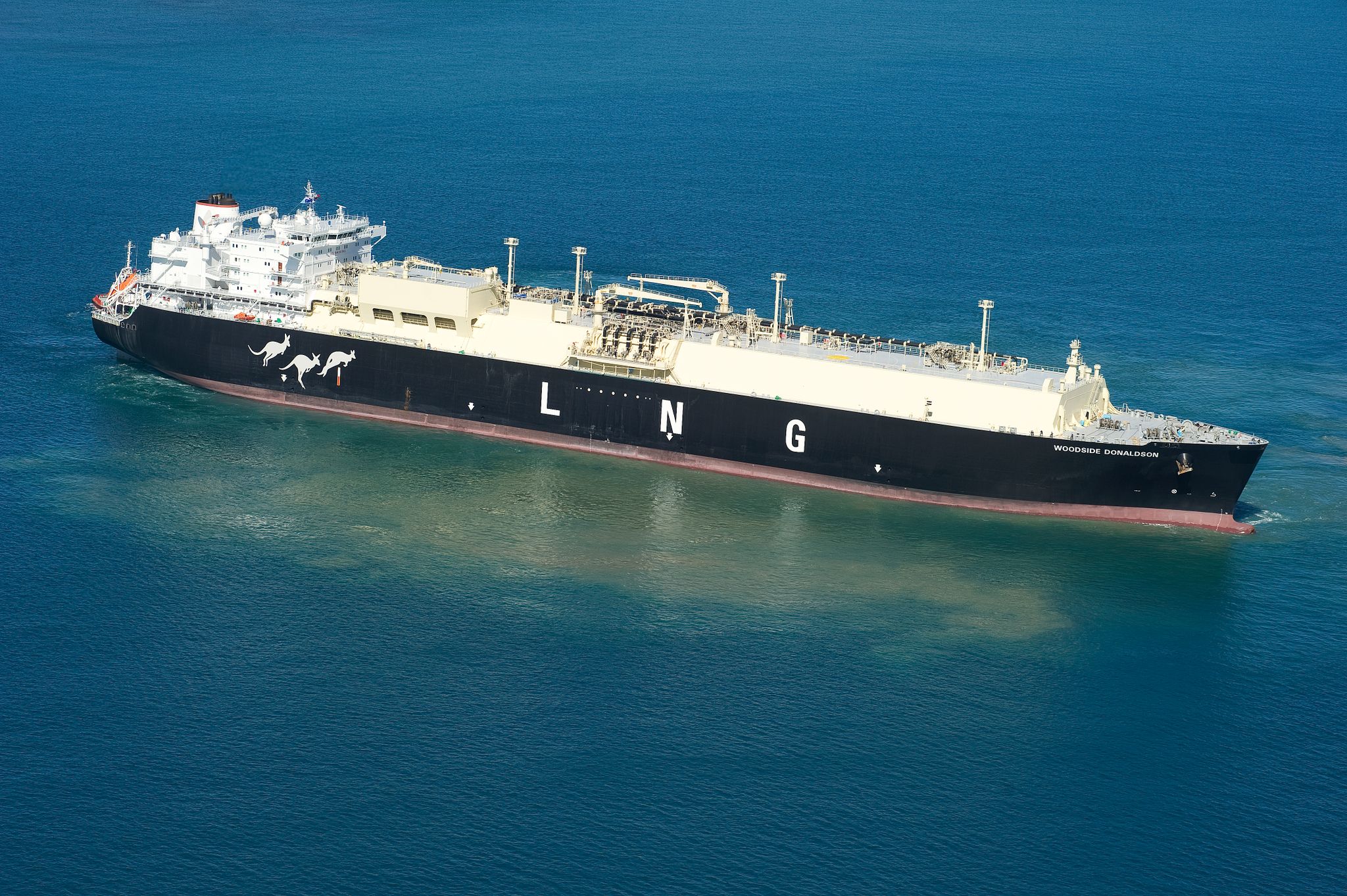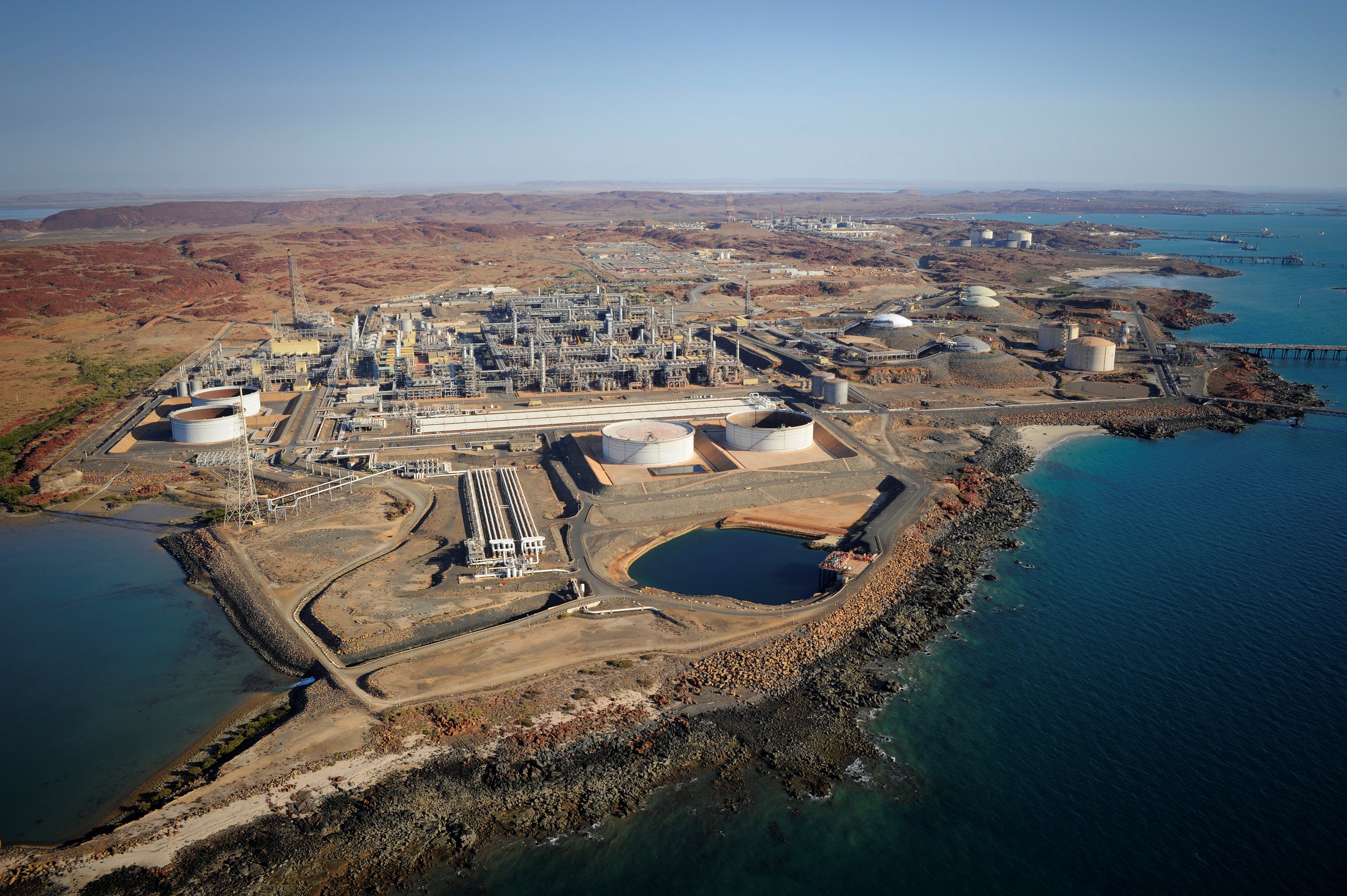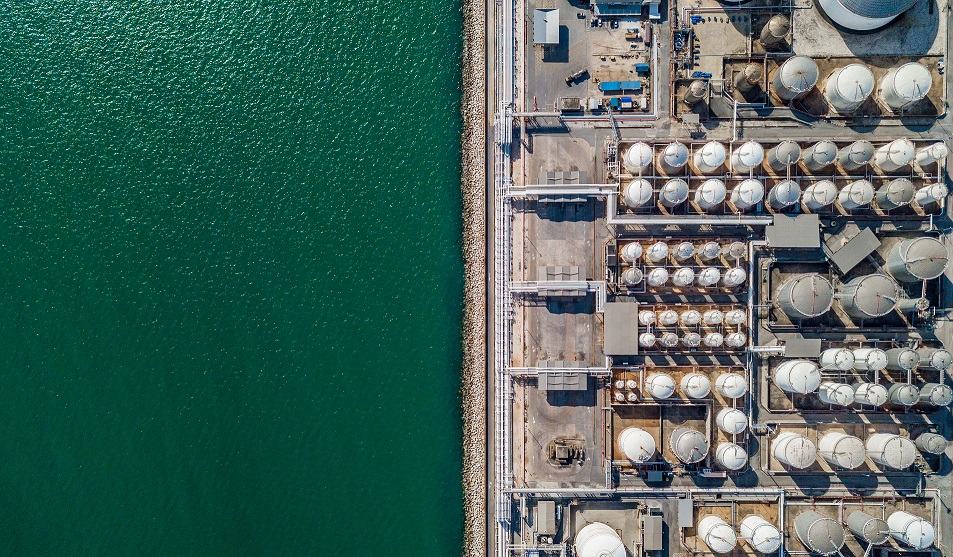For the past nine calendar years, every year, Australia has seen a new production record, but the streak will end in 2023, and it’s unlikely we will see another record.
That is the conclusion of the latest EnergyQuestQuarterly December report released by Rick Wilkinson who warned that this was the ultimate outcome unless new production was brought into the frame.
For the past nine calendar years, every year, Australia has seen a new production record, but the streak will end in 2023, and it’s unlikely we will see another reco
Is This Australia’s Peak Petroleum Moment
For Australia, without the unlikely addition of new petroleum production to more than replace current decline rates, then the industry has to be ready for the downhill run.
There are several factors covered in this report which have contributed to this state of affairs. Policy and politics have had a large impact. The regulatory uncertainty, as demonstrated by court interventions (some call it lawfare), for the Santos’ Barossa project and Woodside’s seismic program for Scarborough, builds on project costs, timing, risks and uncertainty for customers.
This debacle weighs on capital providers (banks and investors) who then seek higher returns and more certainty, which in turn restricts company options, or even their demise as we saw recently with Armour Energy.
Low investment in exploration simply means not enough new gas is coming into the system to cover the decline of existing fields.
In the face of all this, the attitude of the government to date has been ‘damn the torpedoes, full steam ahead’; more renewables is the answer. This position may be moving a little with comments by Minister Bowen on how the remaining non-renewable power generation will be more focused on gas.
We expect the downhill run will be no less exciting than the climb to the top was.
Key Statistics
- National petroleum production in Q3 2023 was 268 MMboe, down 2.4% or 6.5 MMboe qoq, and similar to the decrease observed in Q2 2023.
- Maintenance at the North West Shelf (NWS) and a major maintenance turnaround at Prelude in Q3 2023 ended Australia’s recent run of record LNG production. Nationally, 19.7 Mt was shipped in Q3 2023, down from 20.3 Mt in Q2 2023 and 20.0 Mt in Q3 2022.
- CSG production by Queensland’s three LNG operators was higher than their LNG requirements by 14 PJ in Q3 2023, which was a benefit to domestic gas supply. This was down from 24 PJ in Q2 2023, but still almost double the 7.4 PJ surplus in Q3 2022.
- Australian gas production (LNG and domestic supply) declined from its record highs in the first half of 2023, primarily due to decreasing domestic gas production on the east coast. Gas production in Q3 2023 decreased by 2.9% or 40 PJ qoq.
- On the east coast, total conventional gas production fell 27% to a record low of 91 PJ in Q3 2023, while consumption contracted by 18% (down 29 PJ) compared to a year earlier. This followed a 14% decrease in Q2 2023 qoq. To put the latest decrease into context, 29 PJ is more than all the gas produced by the Cooper Basin (20 PJ) and Otway Basin (7 PJ) in Q3 2023.
- WA conventional domestic gas production decreased to 100.3 PJ in Q3 2023, down 6.9% qoq, due to rapid decline in output from the Santos operated Reindeer field through the Devil Creek plant. Reindeer produced only 2.2 PJ in Q3 2023, compared to 13.2 PJ in Q3 2022.
- To download the full report go to EnergyQuest.com.au
Key Statistics





